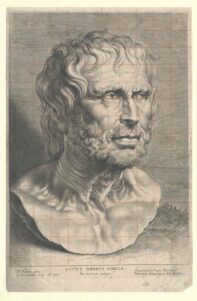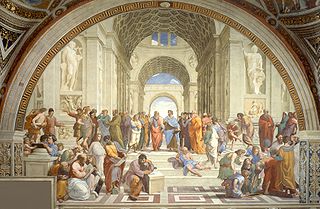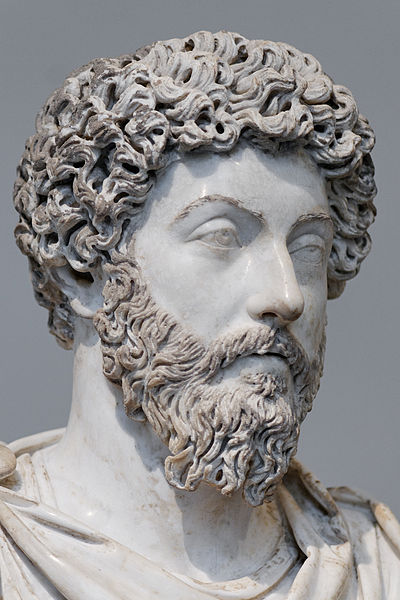Smart Slavery
Article By Antonin Vinkler
 Thanks to the benevolent faith there are over a hundred letters preserved from my favorite philosopher – Lucius Annaeus Seneca, in which he is mentoring his younger friend Lucilius.
Thanks to the benevolent faith there are over a hundred letters preserved from my favorite philosopher – Lucius Annaeus Seneca, in which he is mentoring his younger friend Lucilius.
In one of those letters (No 27) Seneca mentions Calvisius Sabinus – a rich fellow, who wanted to become a memorable part of the society of educated aristocrats. In that society it was normal to discuss Homer, to cite Plato or to retell phrases from Pindar (what an aristocracy, one might say!). But his memory as his intellect as a whole, proved to be very weak. He did not remember, he did not know, he could not react properly… but despite that he indulged in conversations in which he wanted to appear educated. It was not successful. How did Sabinus solve the issue? He bought a few slaves, who were made to get the finest education available – one of them in history, another one in literature, a third in philosophy, even having a dedicated specialist for particular authors… which cost lots of resources.
Sabinus continued to participate in debates with his educated interlocutors, but this time not by himself but accompanied by his elite slaves – his very expensive external memory. And when the dialogue reached, for example, the theme of Hesiod, Sabinus turned to his entourage to ask for a quotation or relevant information… and he received it. Did he receive respect, though? You can figure that out for yourself. To his guests he was even more amusing than he is to you and me reading about him today.
“Calvisius presumed” Seneca says “that if someone in his house knew something, then he himself knows it as well.”
Why am I telling you all this ? Because from my own experience and from quite a few conversations with colleagues working in education, I understand that the most common argument used to justify the unwillingness of students (in school, university or any courses) to learn was “why do I need to know this, since I can easily find it on the internet?”.
Now let’s imagine that we replace “the internet” with the term “educated slave”… what exactly is the difference? “If someone or something in my phone has the knowledge, then I have it too?”
Not that I believe that blindly memorizing information, that feeble child of the rationalism of the Enlightenment, is a road to quality education. However, “the correct way of thinking cannot be bought or borrowed” as Seneca puts it.
We are offered to delegate more and more skills to external servants: our imagination to the films and videos, our skilfulness to manufactured goods, our memory to our electronic devices, our thinking to the media, our reading to encyclopaedias, and even our internal growth… to psychotherapists.
Let’s not forget one more thing: The Sabinus mentioned here was a freed slave. “And his heritage and his mind were that of a freed slave.” External slavery can be easily ended….but what about the internal one? External freedom can be gifted, but what about the internal one? To transfer the development of our internal intrinsic qualities over to external carriers… what is it – freedom or enslavement?
With this comment, do I oppose to the theory of evolution? Maybe to the technological evolution, but certainly not to the evolution of man. Seneca is my witness.
Image Credits: By Lucas Vorsterman | Picryl | Public Domain Mark 1.0
The entity posting this article assumes the responsibility that images used in this article have the requisite permissionsImage References
By Lucas Vorsterman | Picryl | Public Domain Mark 1.0
Permissions required for the publishing of this article have been obtained




What do you think?